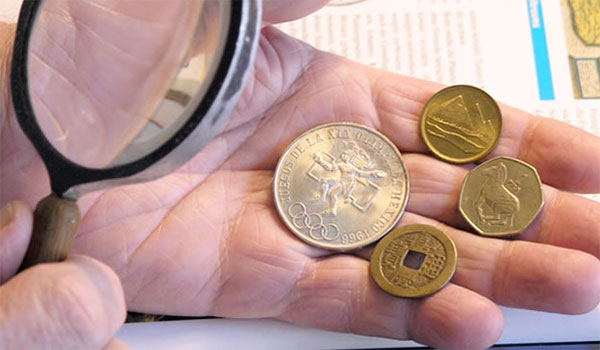
Coins collecting guide, definition and classification of coins collectors and numismatists.
Coin collecting is the hobby of saving or collecting and studying coins. In a more technical sense coin collecting is called numismatics. Numismatics, however, is literally defined as the collection and study of coins, paper money, tokens, and medals.
What is a coin collector called? A coin collector may be labeled as a numismatist because more than gathering old coins for a collection, he also studies their historical significance, metal content, face value, age, coin grade, etc. The coin collector can be categorized in different ways.
1.) The coin hoarders or coin accumulators
The coin hoarder or accumulator is a person who collects old coins without focus and direction. While he may be fascinated with the beauty and the historical value of coins, the hoarder is more interested in the pirates game of merely gathering as many coins as possible without organizing his collection.
He has a variety of coins in a container but they are not properly studied, identified, and grouped in certain categories. Because of this lack of knowledge, he does not usually realize that some coins in his collection can be worth a buck.
The coin hoarder can also be interested with the coins’ profitable potential but he has not seriously considered venturing into the coin collecting business.
2.) The coin collector
The coin collector can be classified as a hobbyist and a professional or both:
a.) Hobbyist
Most if not all coin enthusiasts and experts start out as coin hobbyists. A hobbyist gathers coins as a pastime and for personal fulfillment. Children and other beginners in coin collecting are common examples of a coin hobbyist.
This type of coin collector is concerned with the artistic appeal, historical background, and sentimental value of the coins more than anything else.
For instance ancient Roman coins, Greek coins, or Byzantine coins intrigue him that he would study the stories behind their splendor.
In the case of a passionate and wealthy coin hobbyist, he could choose to spend a big amount of money for a coin he desires and deems precious.
A hobbyist is aware that collectible coins make a good investment but he does not participate in such venture. He instead thinks about passing on his priceless coin collection to his heirs or donating it to a museum.
b.) Professional coin collector
A professional old coin collector, on the other hand, is a very knowledgeable and experienced coin enthusiast. At one glance he could make a rough estimate of a coin’s value or grade (using a handy magnifying glass). Because of his skills and knowledge, he may consider making business on coins occasionally or in future time.
Note: “A professional coin collector is not an expert coin appraiser. His opinion on current coin prices are not reliable but may be considered for estimation purposes.”
Unlike the coin hoarder, the coin collector would organize his collection through printed and online coin catalogs. He uses coin collecting supplies like coin albums and holders to maintain and store his collection.
Coin investors are the most knowledgeable about how to make money in coin collecting. An investor focuses on the business side of the hobby. He looks for the expensive coins from antique coins, rare gold coins, silver coins, and many other pieces that could sell big in the coin collecting industry.
3.) Coin investors
He studies how economy affects or influences coin prices and vice versa. He knows the process of determining coin values and how these values change quickly in the coin market. He is aware of the importance of coin grading to increase the price of his coin investments and avoid fake currencies.
To really succeed in his business endeavor, a coin investor has to keep up with the trends in coin pricing and has to know a good number of reputable coin dealers.
4.) Commercial buyers
Commercial buyers of coins are interested of the coins’ metal or bullion content, so they mostly buy and collect gold coins, silver coins, copper pennies, and nickels.
The coins that a commercial buyer acquires are melted to be made as jewelry, accessories, and for other commercial purposes. However, coin melting creates coin shortage – one reason why melting coins and exporting coins for melting are actually illegal.
5.) Inheritor coin collectors
The inheritor has pieces of coins or coin sets which he inherited from his parents or relatives who were numismatists. He may or may not be interested with coin collecting but keeps the coins anyway.
There are coin inheritors who become collectors themselves and acquire more collectable coins to increase their collection. Some would choose to sell the coins. A few others will donate their coin collection to museums or organizations.
Now you know that there are five classifications of coin collectors. However, it does not mean that collectors are restricted to belong to one category. For example, a hobbyist can also be an investor at the same time. A coin hoarder may also become a commercial buyer in the future.
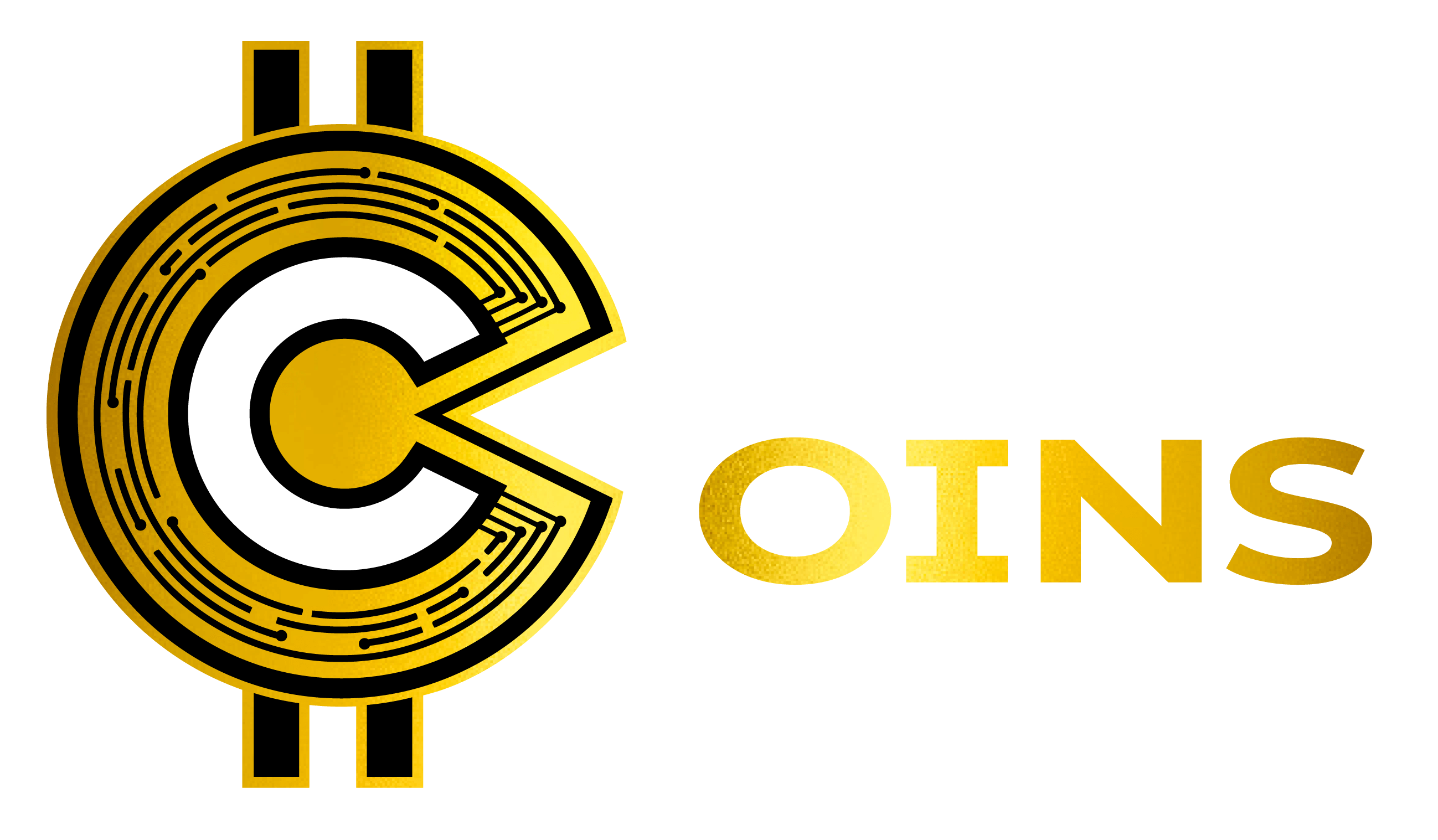




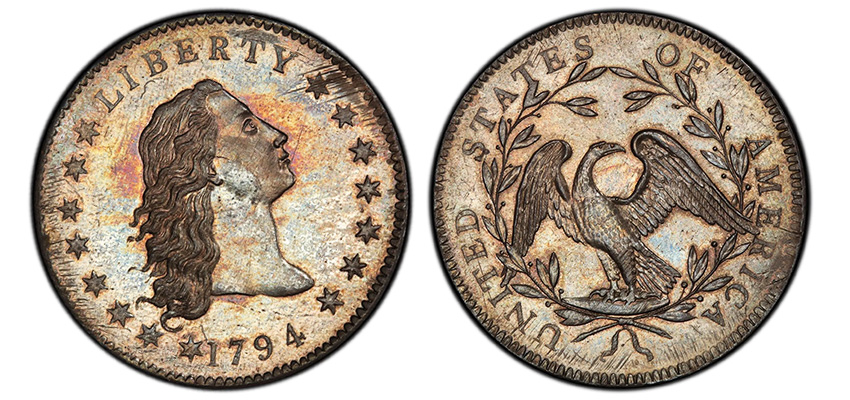
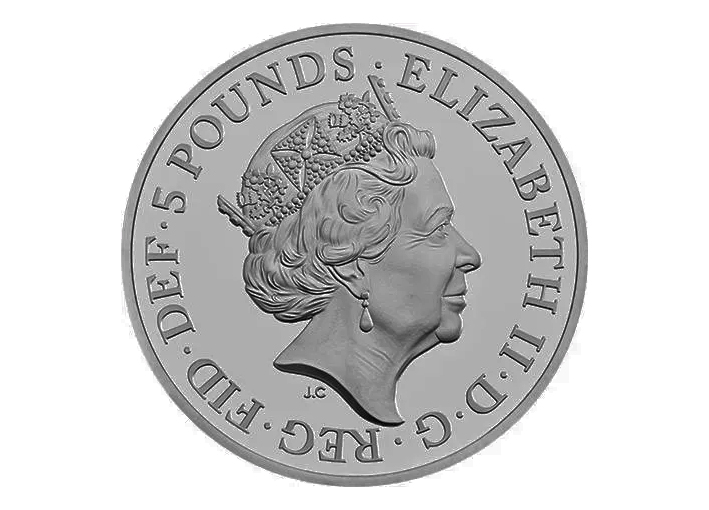
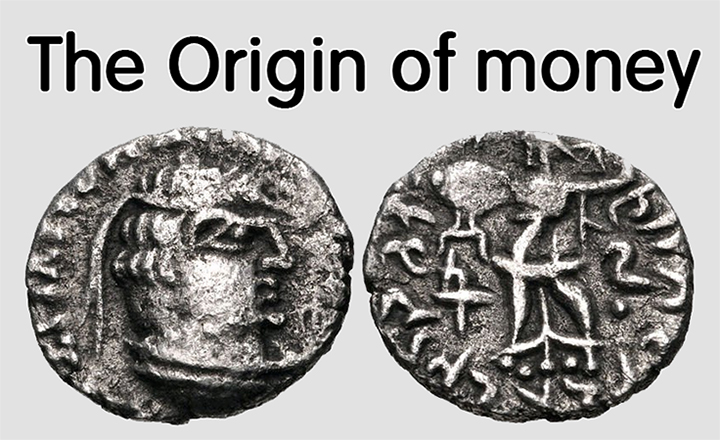
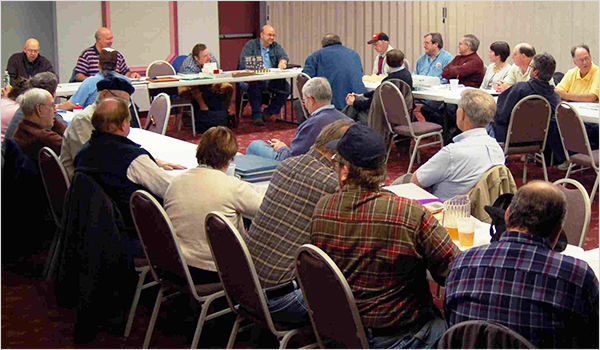

Leave a Reply